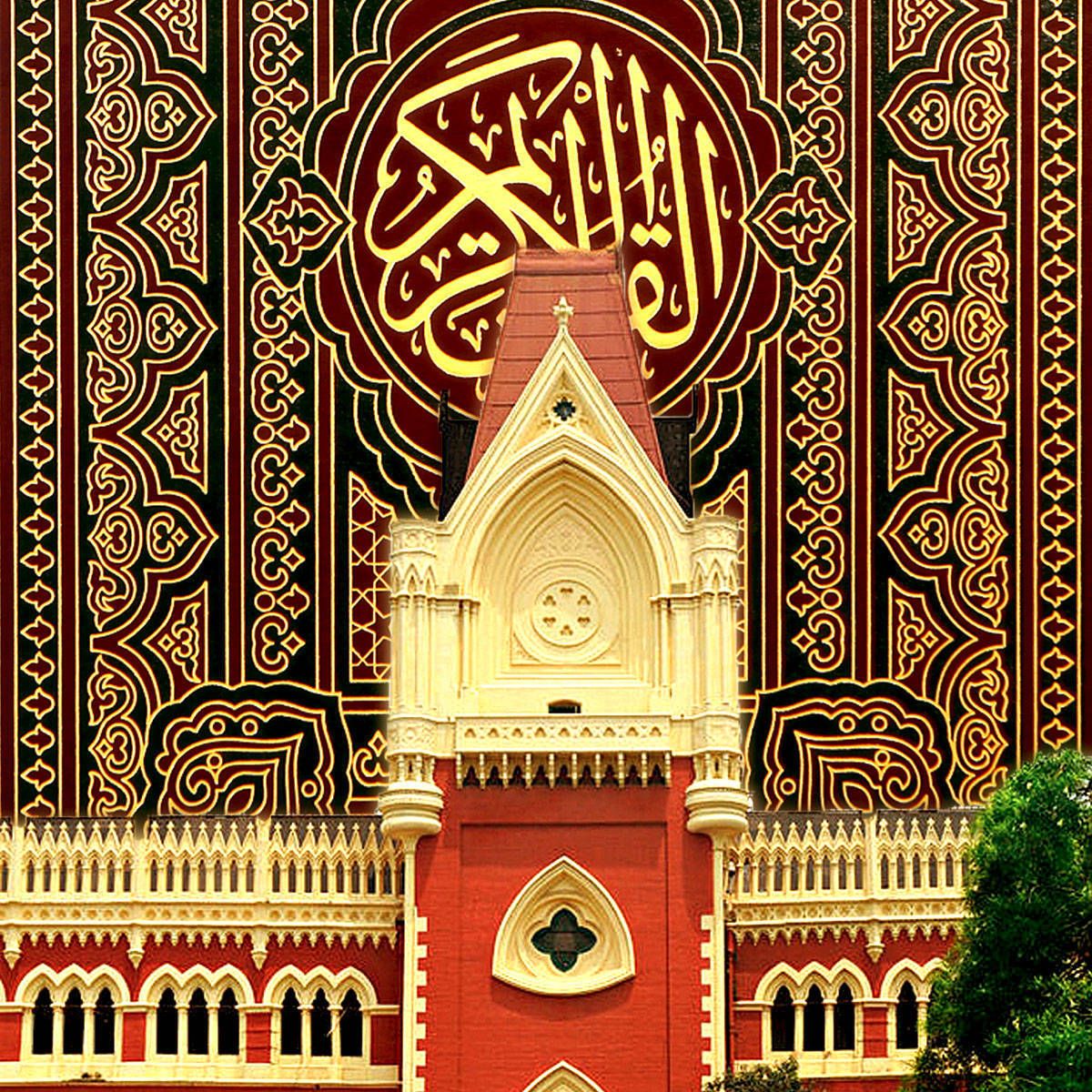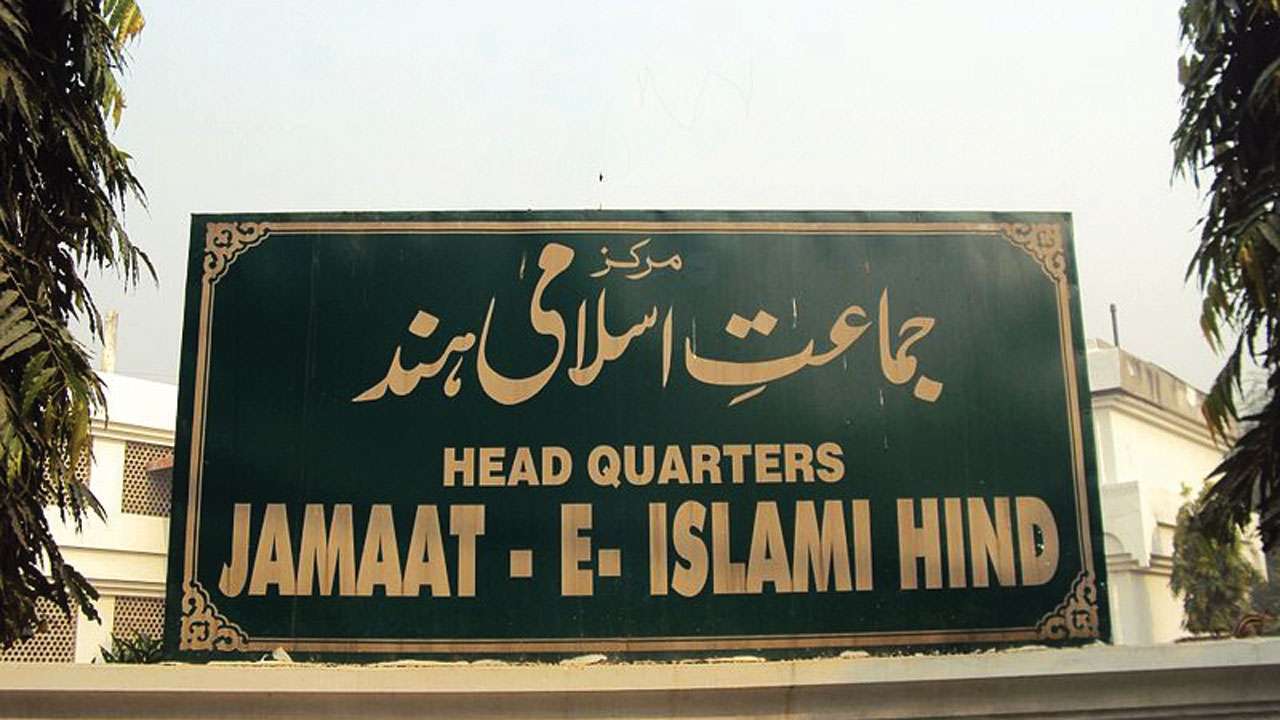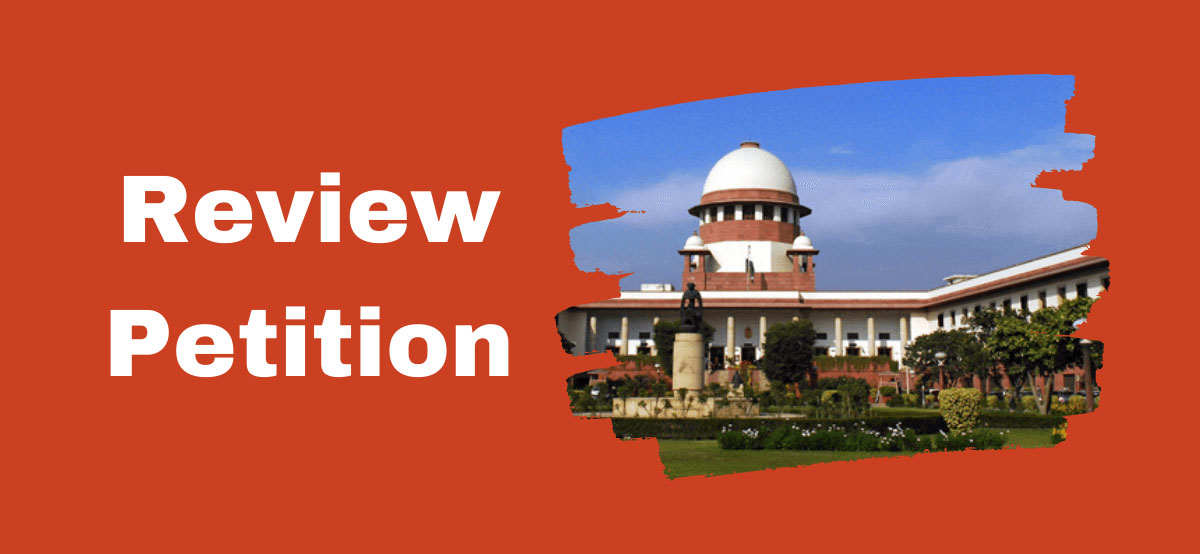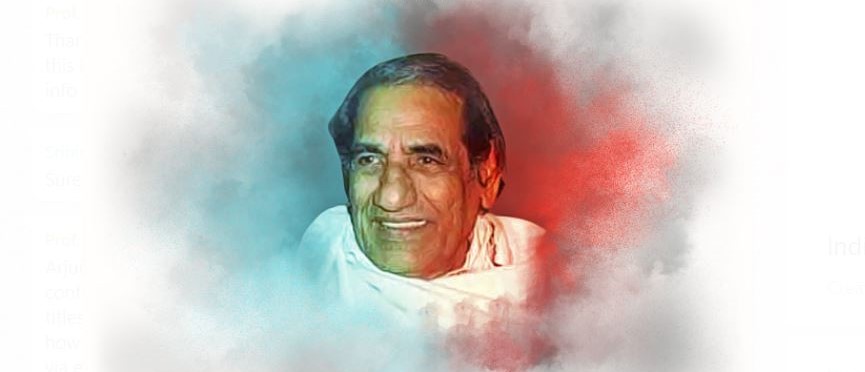Calcutta Quran Petition: A petition to ban the Quran altogether was filed 36 years ago, even before Waseem Rizvi petitioned for removing 26 verses from Quran

Syed Waseem Rizvi, the ex-chairman of the UP Shia Central Waqf Board, has recently stirred the hornet’s nest by filing a petition in the Supreme Court seeking the removal of 26 verses from the Quran. In his petition, Rizvi has argued that the Quran contains “some verses that are used to promote terrorism, violence, jihad.” This had led to a series of threats, with a Muslim cleric even offering a bounty of ₹20,000 for anyone who brings Rizvi’s head.
Muslims in Bharat have often sought shelter under Sections 153A and 295A of the Indian Penal Code (I.P.C.) for preventing every public discussion of their creed in general and of their prophet in particular.1 Quite a few publications which examine critically the sayings and doings of the Prophet or other idolized personalities of Islam, have been proscribed under Section 95 of the Criminal Procedure Code (Cr.P.C.) as a result of pressure exerted by vociferous, very often violent Muslim protests. Little did they suspect that the same provisions of the law could be invoked for seeking a ban on their holy book, the Quran.
While such a petition might seem unusual today, it was 36 years ago when the credit for this turning of tables was done by advocate Chandmal Chopra of Calcutta and one Sital Singh. It was he who filed a Writ Petition in the Calcutta High Court on 29 March 1985 stating that publication of the Quran attracts Sections 153A and 295A of the I.P.C. because it ‘incites violence, disturbs public tranquility, promotes, on ground of religion, feelings of enmity, hatred and ill-will between different religious communities, and insults other religions or religious beliefs of other communities in India’. He moved to the Calcutta High Court seeking a ban on the Quran altogether. An application was filed under Article 226 (power of the High Court to issue some writs) of the Indian Constitution, asking the Calcutta High Court to direct the government to ‘forfeit’ every copy of the ‘Holy book’.
The petition argued that every copy of the Quran is ‘liable to be forfeited’ under Code of Criminal Procedure (CrPC) Section 95 (Power to declare certain publications forfeited) when read with Indian Penal Code (IPC) Sections 153A (Promoting enmity between different groups on grounds of religion) and 295A (Deliberate and malicious acts, intended to outrage religious feelings). The petition had argued that Muslims have been exploiting the laws so far to ban books critical of Islam. He added, “so far it had been the privilege of the Peoples of the Book to ban and burn the sacred literature of the Pagans.”
Calcutta High Court entertained the petition
Chandmal Chopra and Sital Singh cited direct verses from the Quran, calling for violence against the ‘infidels’. “When the sacred months are over, slay the idol-worshippers, wherever you find them. Arrest them, besiege them and lie in ambush everywhere for them,” they quoted one verse from the ‘Holy book’. Another verse, cited by them, read, “Believers! make war on the infidels who dwell around you. Let them find harshness in you’. The matter initially came up before Justice Khastgir J of the Calcutta High Court.
Far from dismissing the application, as one would expect today, the learned Judge had entertained the application. She also issued notice to the contending parties. “Everything seems insane and absurd. No mortal on earth can challenge the holy scripture and no court in the world has any authority over it,” senior advocate had Alhaj C.F. Ali remarked. Soon, over 70 advocates passed an ‘official resolution’ urging other lawyers to boycott the court of Justice Khastgir J.
 |
Muslim groups opposed the historic petition
Radical Islamist organisations, such as Jamait-e-Islami and Kerala Muslim Association of Calcutta set up a ‘Quran Defence Committee‘ to strengthen the movement. However, they decided to not become a respondent in the case, for ‘fear’ of law and order turmoil (at the hands of common Muslims). The CPI(M)-ruled West Bengal government took a firm stand against the petition and its admission in the Calcutta High Court. In its affidavit, it said, “the court has no jurisdiction to pronounce a judgement on the Koran, the holy scripture of the Muslims the world over, each and every word of which, according to Islamic belief, is unalterable”.
Congress and CPI(M) up in arms
The government claimed that it was filed with malafide intent and that such a petition has never been filed in Indian history. The Congress-led-Union government also sided with the Left and opposed the plea. With mounting political pressure, Justice Khastgir dropped it from her list and sent it to the Court of Justice Satish Chandra. On the advice of state Advocate-General S.K. Acharyya, the matter was transferred to the Bench of Justice Bimal Chandra Basak, who dismissed the petition on May 17, 1985.
 |
Review petition and the arguments
Advocate Chandmal Chopra noted several ‘errors’ in the Court’s verdict and thus filed another application on June 18 of that year, seeking a review of the judgement. Justice Basak, in his earlier judgement, had noted that the Quran had divine origin and had no earthly source. He had also proclaimed that the Court cannot entertain matters related to the ‘Holy book’ and that it did not insult other religions.
Chopra, in his review petition, had argued that the observations made by the Judge are against the basic tenets of secularism and therefore unconstitutional. He had also pointed out that the verdict claimed that Quran did not insult other religions, despite the verses quoted in the writ petition (calling for violence against infidels) suggested otherwise.
In his review petition, he said, “A book, even if it be a book held sacred by any community living in India, loses the protection of Sec 295 of the Indian Penal Code if its publication amounts to offences under Section 295-A of the Indian Penal Code and should have been held accordingly.”
However, Justice Bimal Chandra Basak again dismissed the petition on June 21, 1985, highlighting the time-barred nature of the petition and without going into the merits of the case.
 Sitaram Goel |
The publication of Calcutta Quran Petition book and aftermath
Following the dismissal of the petition, historian Sita Ram Goel along with Chandraal Chopra published the book named ‘The Calcutta Quran petition’ in 1986. The book highlights the saga of Muslim appeasement and the vote-bank politics of pseudo secularism. After the book was published, Hindu Raksha Dal President Indra Sain Sharma and Secretary Rajkumar Arya were arrested. They had published 24 Ayats of the Quran under the caption, ‘Why riots take place in the country?’
They had argued, “These Ayats command the believers (Musalmans) to fight against followers of other faiths’ and that ‘so long as the Ayats are not removed from the Quran, riots in the country cannot be prevented.” However, they were soon released on the orders of the Metropolitan Magistrate of Delhi Justice Z S Lohat. While Waseem Rizvi faces threats to his life for citing ‘violent verses in the Quran’, it was the heroics of Chandmal Chopra that set the precedent.
References:
indiatomorrow.net - Syed Khalique Ahmed
hindupost.in - By HinduPost Desk
opindia.com - OpIndia Staff
 Support Us
Support Us
Satyagraha was born from the heart of our land, with an undying aim to unveil the true essence of Bharat. It seeks to illuminate the hidden tales of our valiant freedom fighters and the rich chronicles that haven't yet sung their complete melody in the mainstream.
While platforms like NDTV and 'The Wire' effortlessly garner funds under the banner of safeguarding democracy, we at Satyagraha walk a different path. Our strength and resonance come from you. In this journey to weave a stronger Bharat, every little contribution amplifies our voice. Let's come together, contribute as you can, and champion the true spirit of our nation.
 |  |  |
| ICICI Bank of Satyaagrah | Razorpay Bank of Satyaagrah | PayPal Bank of Satyaagrah - For International Payments |
If all above doesn't work, then try the LINK below:
Please share the article on other platforms
DISCLAIMER: The author is solely responsible for the views expressed in this article. The author carries the responsibility for citing and/or licensing of images utilized within the text. The website also frequently uses non-commercial images for representational purposes only in line with the article. We are not responsible for the authenticity of such images. If some images have a copyright issue, we request the person/entity to contact us at This email address is being protected from spambots. You need JavaScript enabled to view it. and we will take the necessary actions to resolve the issue.
Related Articles
- Moplah Genocide of the Malabar Hindus, 1921: Thousands of Hindus slaughtered
- Prophecies of Jogendra Nath Mandal getting real after seventy years of his return from Pakistan
- The Islamic Doctrine of Permanent War: Jihãd and Religious Riot
- Rajya Sabha MP Swapan Dasgupta writes to NHRC about violence in Tarakeshwar by TMC goons: Houses looted, businesses shut, women brutalised
- Wikipedia dismisses Love Jihad as a conspiracy theory by Hindus, but claims reverse Love Jihad against Muslims is real
- Here is a list of 20 incidents where the ‘Jai Shri Ram’ slogan has been misused to turn a random crime into ‘hate crime’
- On 16th Aug 1946, during Ramzan's 18th day, Direct Action Day aimed to provoke Muslims by mirroring Prophet Muhammad's victory at Badr, Gopal 'Patha', the Lion of Bengal, heroically saved Bengali Hindus & Calcutta from a planned genocide, altering history
- Bengal: The Chilling Accounts Of Families Of Two BJP Workers Who Can Return Home Only If The Women Are ‘Given Up’ To Trinamool Gangsters
- Twitter rewards an Islamist org, set to be banned by India, with a verified blue tick: Here is what PFI has done in the past
- ‘State in denial, admin lied about no complaints being filed, prima facie evidence of violence’: Everything Calcutta HC said on Bengal post-poll violence
- Why Hindu-Sikh genocide of Mirpur in 1947 ignored? Why inhuman crimes of Radical Islamists always hidden in India?
- Anti-Hindu Delhi Riots case: Delhi HC grants bail to accused Asif Iqbal Tanha, Devangana Kalita, Natasha Narwal
- Vinayak Damodar Savarkar – A Misunderstood Legacy
- Aatish Taseer shows how his ‘jamaat’ has mastery over playing victim, brands Bollywood pro-Modi even as it remains anti-Hindu
- Depth of Soviet penetration in Indian media is exposed through declassified CIA document from 2011













